Articles Archive
See all articles and discover more interesting topics!
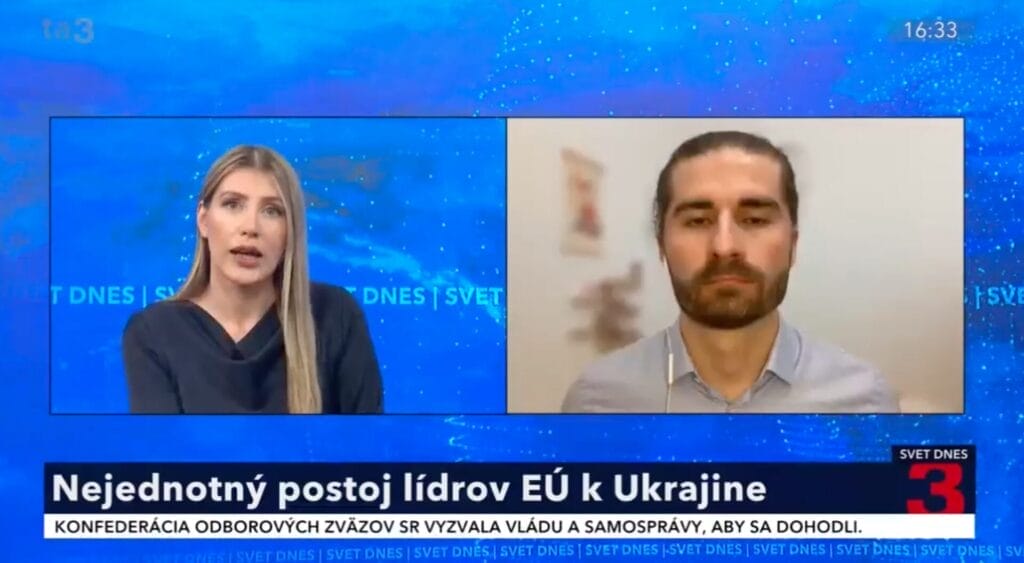
TA3 | Zelensky calls for strong EU and US support. Differences in attitudes threaten Ukraine's ambitions
At a summit in Brussels, Ukrainian President Volodymyr Zelensky called for a strong and united stance by the United States and the European Union towards Ukraine. However, the leaders of the EU-27 have diverging views on a number of issues concerning the country. Some advocate peace talks, but others believe that they are premature. Viktor Daněk, deputy director of EUROPEUM Institute, commented on the EU leaders' summit for TA3.

Report | Geopolitics first: Perspective of CEE on the EU's global challenges in the next political cycle
On December 11th, the Brussels Office organised Geopolitics First: Perspectives of CEE on the EU's Global Challenges in the Next Political Cycle. The aim of this expert discussion was to broaden the perspective of the Central European region on key geopolitical challenges, such as the foreign policy influence of Russia and China.
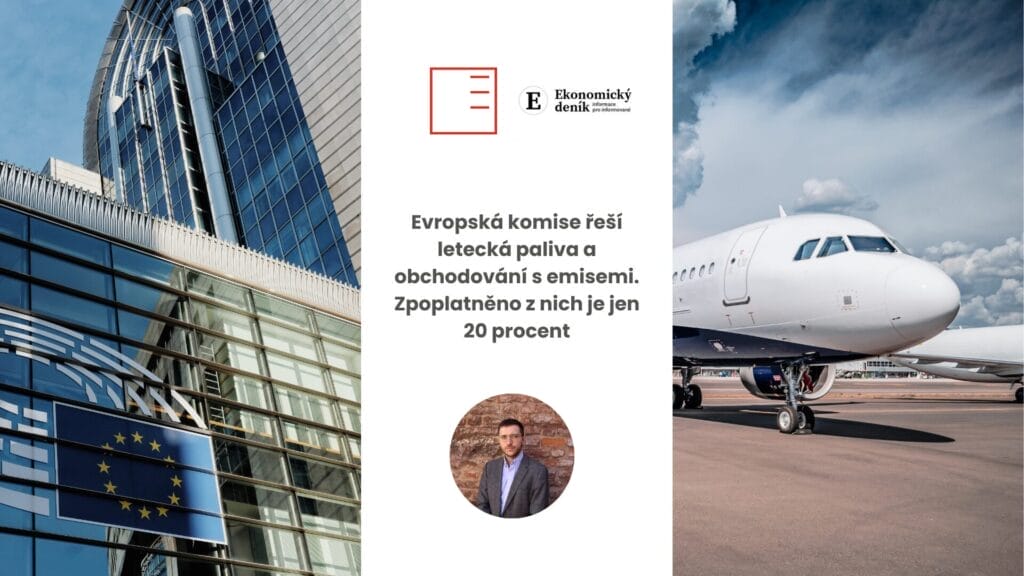
Ekonomický deník | European Commission tackles aviation fuels and emissions trading. Only 20 percent of them are charged
Air carriers using fuels such as hydrogen from renewable energy or other non-fossil fuels should receive a share of free emission allowances. Filip Křenek, analyst at EUROPEUM Institute, commented for Ekonomický deník.

Policy Paper | Czechia in NATO at 25
As the Czech Republic celebrated 25 years of NATO membership, this paper examined the country’s journey within the Alliance—its achievements, challenges, and growing responsibilities in collective security. From its early integration to its evolving strategic role, the Czech Republic contributed to NATO’s missions, strengthened transatlantic ties, and adapted to new security threats. Part of the project “Celebrating 25 Years of Czech Republic’s NATO Accession,” this analysis reflected on key milestones, policy developments, and the broader significance of NATO membership for the nation’s defense, diplomacy, and global engagement.
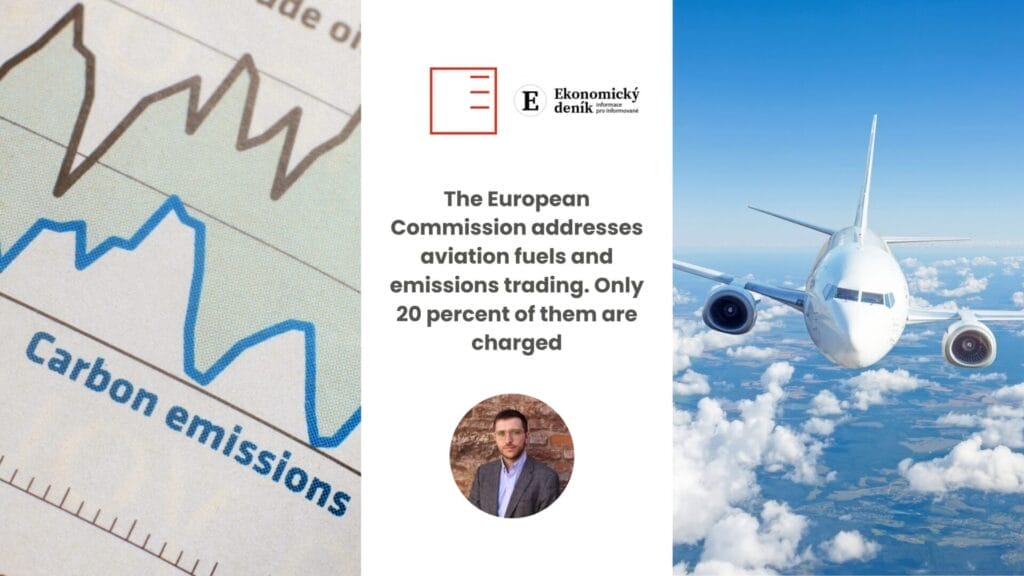
Ekonomický deník | The European Commission addresses aviation fuels and emissions trading. Only 20 percent of them are charged
Air carriers using fuels such as hydrogen from renewable energy or other non-fossil fuels should receive a share of free emission allowances. Filip Křenek, analyst at EUROPEUM Institute, commented for Ekonomický deník.

Blog | The gender dimension of EU development policy: The Case of Namibia
Namibia has the largest gender gap in Africa. This blog analyses the European Union's development policy focusing on the gender dimension. Critics argue that the European Union's focus on gender equality in development policy is superficial; the blog also examines whether this criticism remains valid. Simona Krammerová in her blog also highlights key issues facing women in Namibia.
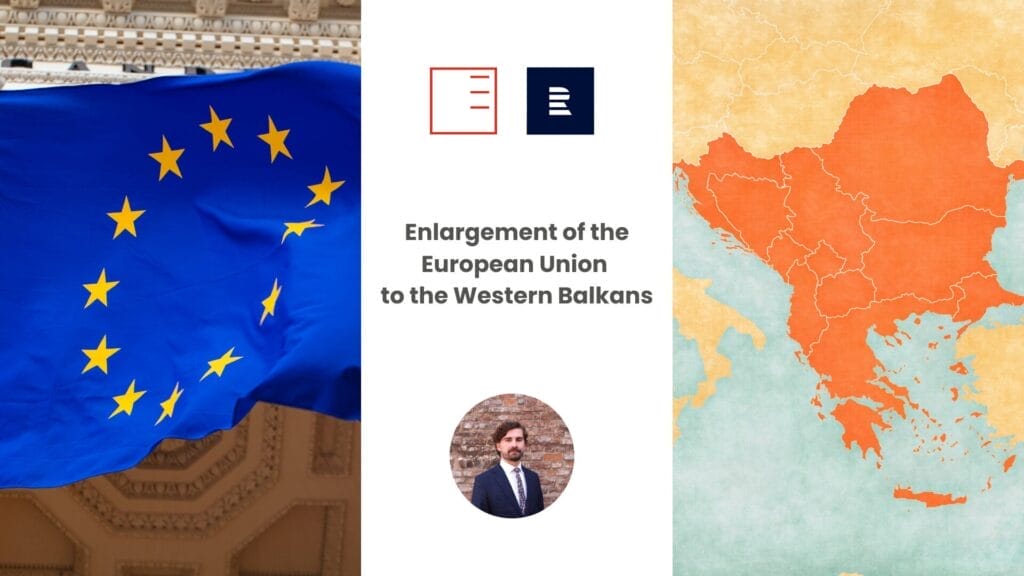
ČRo | Enlargement of the European Union to the Western Balkans
Can the European Union accept Kosovo or Serbia into its ranks in the foreseeable future? Is the EU27 not worried enough about financial military support for Ukraine? What can the EU do to support the European car industry? Deputy Director of EUROPEUM Institute Viktor Daněk commented for Dvacet minut Radiožurnálu.
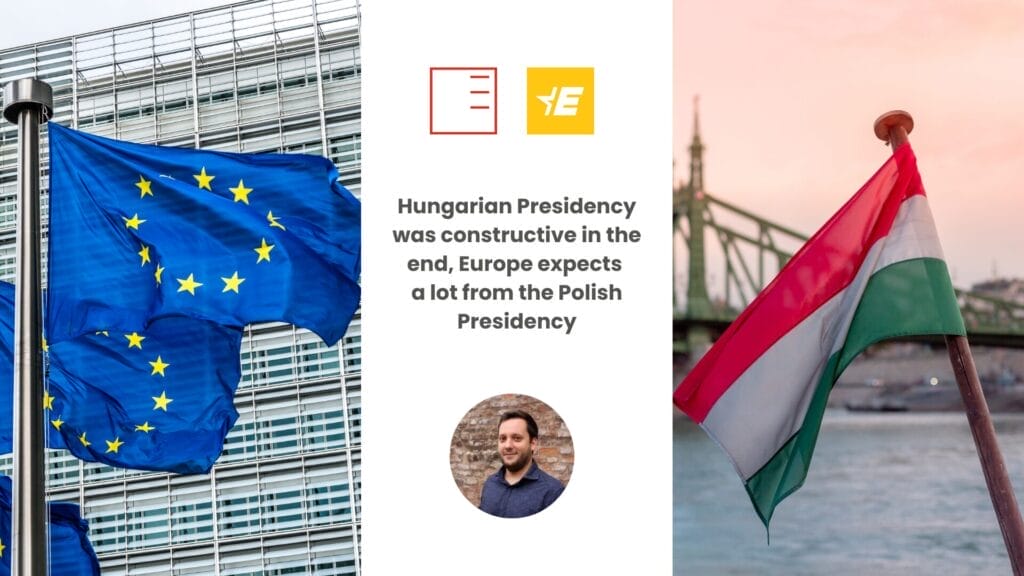
Euractiv.cz | Hungarian Presidency was constructive in the end, Europe expects a lot from the Polish Presidency
What key things have happened in the EU this year? And what lessons should be learned for the future? Deputy Director and Head of the Brussels Office Žiga Faktor commented for Euractiv.cz podcast.
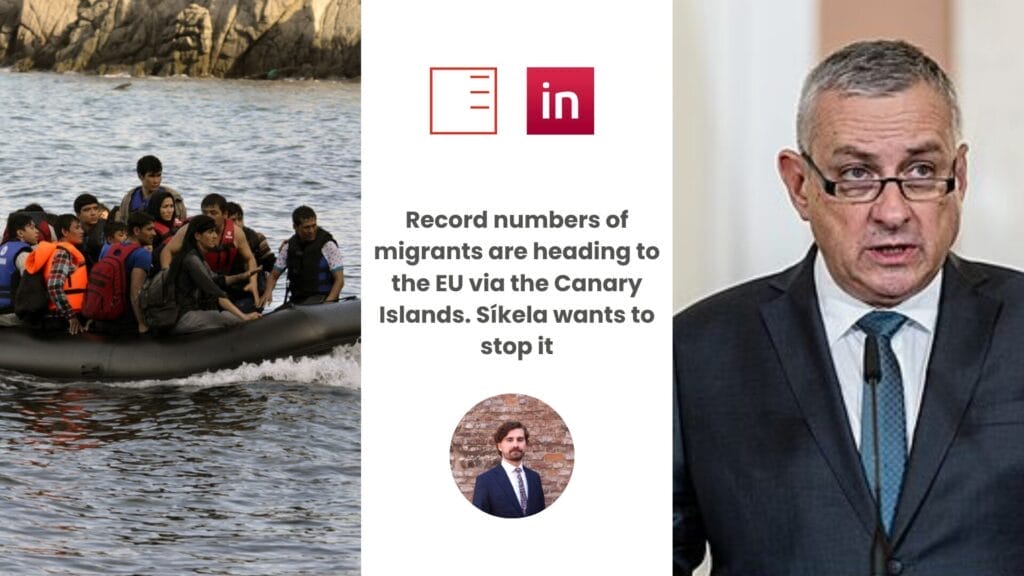
Novinky.cz | Record numbers of migrants are heading to the EU via the Canary Islands. Síkela wants to stop it
Migrants from Africa are increasingly taking the route via the Canary Islands, which are part of Spain and therefore part of the European Union. According to statistics from the European Border and Coast Guard (Frontex), more than 41 000 refugees have taken this route in the first 11 months of the year 2024, crossing the EU's borders illegally. This is the highest number on this route since Frontex started keeping statistics in 2009. For Novinky.cz commented Deputy Director of EUROPEUM Institute Viktor Daněk.

Blog | Revolution on the roads: Will we all drive on batteries?
The blog focuses on the impact of internal combustion engines on transport emissions and the transition to electromobility as a key measure to reduce emissions. The transport sector is the second largest CO2 emitter in the EU, with passenger cars accounting for 60% of emissions. The European Union has decided to end the sale of new vehicles with internal combustion engines by 2035 and is promoting the switch to electromobility as a means to achieve climate neutrality by 2050. In the blog, Zuzana Valachová, an intern at EUROPEUM's Prague office, discusses the benefits and challenges of the plan, including its environmental, economic and social impacts, as well as the reactions of the automotive industry and concerns about competitiveness.
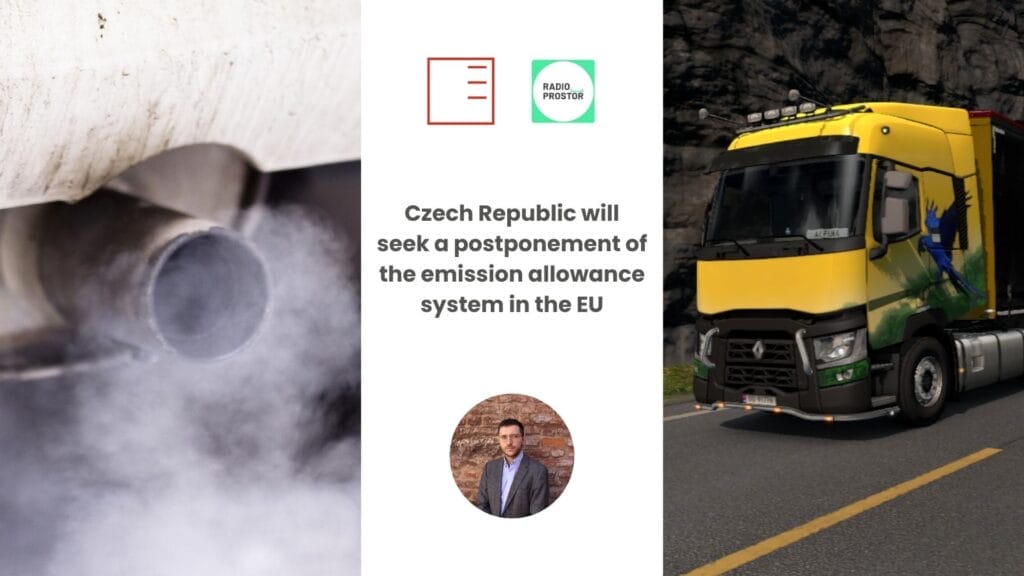
Radio Prostor | Czech Republic will seek a postponement of the emission allowance system in the EU
The Czech Republic will seek to postpone and modify the new ETS2 emissions trading system in the European Union until at least 2028. According to current plans, the system, which is supposed to extend the trading of allowances to, for example, road transport or heating of buildings, should apply from 2027. Filip Křenek, analyst at EUROPEUM Institute, commented for radio Prostor.

National Convent | The Union and its Defence The impact of geopolitics, transatlantic relations and technological developments on the security of the European continent
The European security environment has changed fundamentally over the past decade in response to growing geopolitical risks. Russia's invasion of Ukraine, the growing influence of authoritarian powers such as China and Russia, and escalating tensions in key regions such as the Middle East and the Indo-Pacific are reshaping the way Europe views its security and defence. These challenges are leading to a deepening of defence cooperation within and outside the EU, which includes the development of new policies, structures and initiatives, and cooperation with NATO also underlines the need for strategic alignment between European and transatlantic partners. Written by EUROPEUM Institute researcher Zuzana Krulichová and research associate fellow Tereza Novotná.